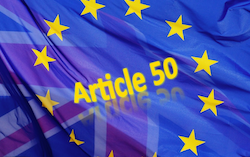Recent developments with traffic data retention – variously updated
 In my post on the Communications (Retention of Data) (Amendment) Act 2022: ignore the warnings, legislate in haste, repent at leisure, I sketched how the Government came to enact Communications (Retention of Data) (Amendment) Act 2022 (also here) last Summer.
In my post on the Communications (Retention of Data) (Amendment) Act 2022: ignore the warnings, legislate in haste, repent at leisure, I sketched how the Government came to enact Communications (Retention of Data) (Amendment) Act 2022 (also here) last Summer.
Since then, there have been several developments.
First, the 2022 Act was intended to buy the government some time to complete a thorough overhaul of the Communications (Retention of Data) Act 2011 (also here). A Bill to that effect has been listed in every Legislation Programme since 2018. So, it is unsurprising that, on 19 April 2023, a Communications (Data, Retention and Disclosure) Bill, to consolidate and replace the 2011 Act, was listed in the Government’s Legislation Programme for the Summer Session 2023 (pdf). However, not only is that Bill not listed as a priority, but we are told simply that the Heads are still “in preparation” (p21).
Still? Still?? Since 2018??? (Indeed, even 2018 was slow, because the underlying Directive was struck down by the CJEU in 2014). Give me a break. Better still, give us all a break by publishing the Bill already!
Second, earlier this month, on 6 June 2023, Minister McEntee signed the Communications (Retention of Data) (Amendment) Act 2022 (Commencement) Order 2023 (SI No 287 of 2023) (also here) to bring most of the Act into effect on 26 June 2023.…



